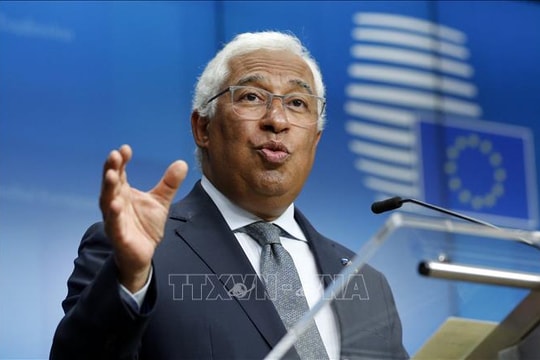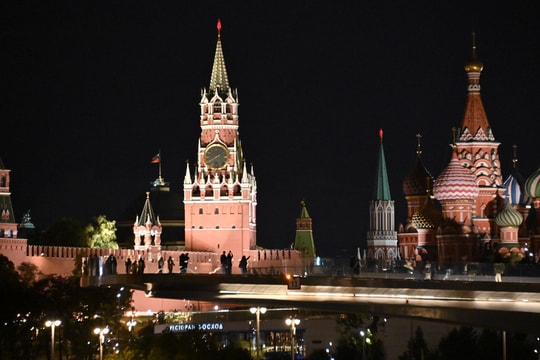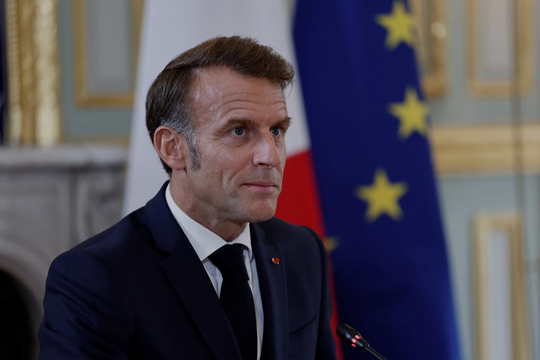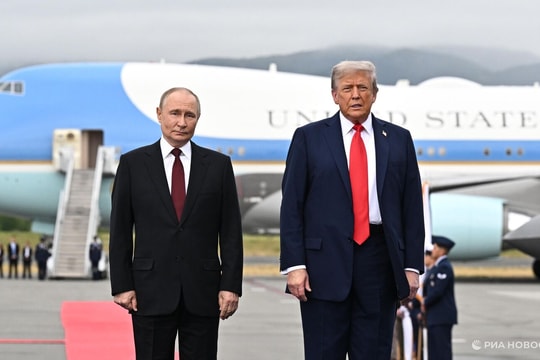Difficulties of the US-EU Free Trade Agreement
(Baonghean) - In a recent statement, the MinistryGerman economic minister Sigmar Gabrielconfirm,free trade negotiations betweenAmerica andEuropean Union (EU)- abbreviated as TTIPfailed to reach agreement on key areas in protracted talks.
Although not an official statement, the statement by an economic official of the leading European country is raising doubts that the possibility of reaching a preliminary agreement by the end of this year will be difficult.
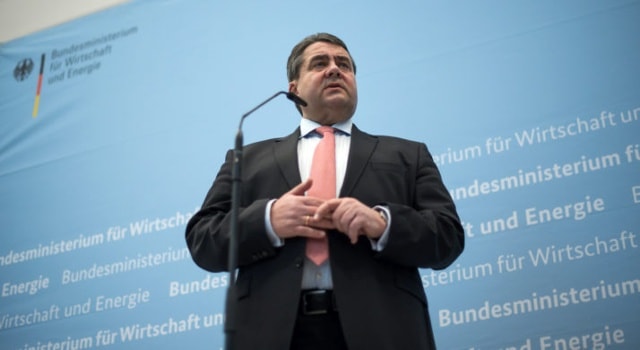 |
| German Economy Minister Sigmar Gabriel affirmed that the free trade negotiations between the US and the European Union (EU) - abbreviated as TTIP - have failed. Photo: Politico.eu. |
Great expectations - great concerns
The Transatlantic Trade and Investment Partnership (TTIP) is an idea that the US and the European Union hope will become the world's largest trade agreement, covering a wide range of areas such as economics, trade, services, etc. TTIP includes three major issues: market access for European and US businesses, cooperation on legal issues and world trade regulations, especially on sustainable development and competition policy. If achieved, this agreement will create a huge market with more than 850 million US and European consumers, accounting for more than half of global economic turnover. Not only that, if this agreement comes into operation, it will boost trade between the US and the European Union to about 1,000 billion USD/year and create about 13 million more jobs.
Launched in July 2013, TIIP is a major goal of both the US and European Union leaders. For the US, this is expected to be a big boost for the number 1 economy that needs to get on track for development. The European Union is also not outside the goal of reviving the slow and sometimes regressive growth of the whole bloc. However, after just over a year of negotiations, things began to change. European experts began to worry that the mechanism of the TTIP agreement would challenge the laws, especially on food and the environment of the region...
These concerns gradually spread to the people and leaders of Europe, causing the negotiation process to be delayed. Among them, the most prominent opinion is that the European side believes that some provisions proposed by the US side may make the EU too dependent on the US.
Although it has been resumed and has gone through 14 rounds of negotiations, TTIP has faced even stronger opposition than before, especially in Germany - the leading country in Europe. Germans are concerned that TTIP could harm the environment and widen the gap between rich and poor. For them, TTIP could also lower product standards, consumer protection and the labor market, and cause them to lose their jobs.
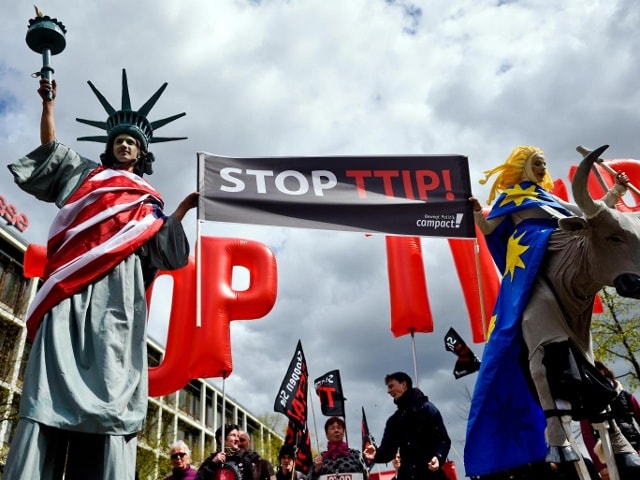 |
| Protesters against the TTIP Agreement in Germany in April 2016. Photo: Getty. |
Not just economics
However, despite public opposition, German Chancellor Angela Merkel affirmed that her country will make every effort to conclude negotiations on the Transatlantic Trade and Investment Partnership (TTIP) in 2016. Explaining Merkel's determination, analysts said that Germany does not want Europe to be embarrassed by an unfinished TTIP after the Brexit failure.
At the same time, 2017 will be a busy year for Germany with important parliamentary elections, so there will certainly not be much time to discuss TTIP. Moreover, the European Union's partner, the US, will have a new leader later this year. So no one can be sure that TTIP will be discussed further by both sides.
Meanwhile, on the US side, the goal of achieving the Transatlantic Trade Agreement - TTIP this year is not only of economic significance. TTIP can be said to be one of the efforts to achieve the last legacies of President Barack Obama before leaving office. This is also the reason why last April, Mr. Obama decided to spend 4 days visiting close European allies, especially Germany.
Obama himself, in a speech to business leaders in Hannover, Germany, said: “Time is not on our side. If we do not complete the TTIP negotiation process this year, the upcoming political transitions in the US and Europe will cause this agreement to continue to be delayed.”
The future is uncertain
But wanting is one thing, but whether it is feasible or not is another. According to the results of a public opinion poll by the German-based Bertelsmann Foundation in April, right when Mr. Obama visited Europe, only 17% of Germans supported TTIP, a sharp decrease compared to 55% two years ago. In the US, the number is also disappointing when only 18% of people believe TTIP is a good deal compared to 53% in 2014. Meanwhile, the German newspaper Mirror recently quoted the opinion of Mr. Bernd Lange, head of the TTIP negotiating delegation of the European Parliament (EP), that TTIP will be difficult to achieve during the term of US President Barack Obama.
It is not by chance that this statement was made. Because looking at the results of the past 14 rounds of negotiations, the European Union and the United States have not yet escaped the deadlock due to the sharp disagreements between the two sides. Even in the most recent results of the 14th round, the EU's Chief Negotiator, Ignacio Garcia Bercero, said that the two sides have not yet found a common voice in most areas of all 30 chapters of TTIP.
So far, the two sides have only reached agreement on the role of small and medium-sized enterprises and the issue of tariffs. But the two sides have not been able to agree on important areas such as agriculture or the auto industry. In addition, the US has not promoted the protection of intellectual property or workers' rights in the negotiations.
It can be said that the list of disagreements between the US and the EU is still very long and seems unlikely to end soon. Many opinions even say that TTIP is "dead" politically and the efforts of the leaders of both sides will be meaningless. It is known that a huge agreement like TTIP needs a lot of time to negotiate and reach an agreement. However, the current difficulties show that the TTIP agreement will be very difficult to achieve in 2016 as many people expect.
Phuong Hoa
| RELATED NEWS |
|---|

